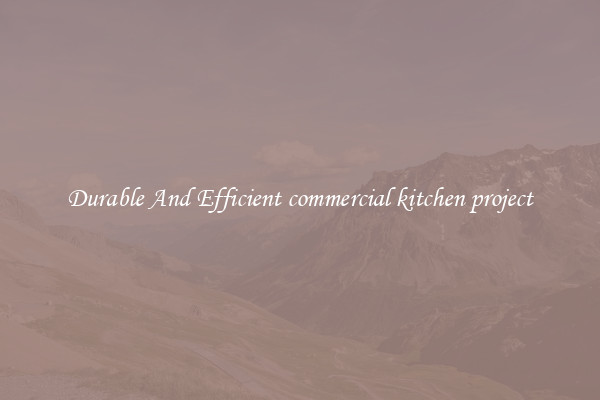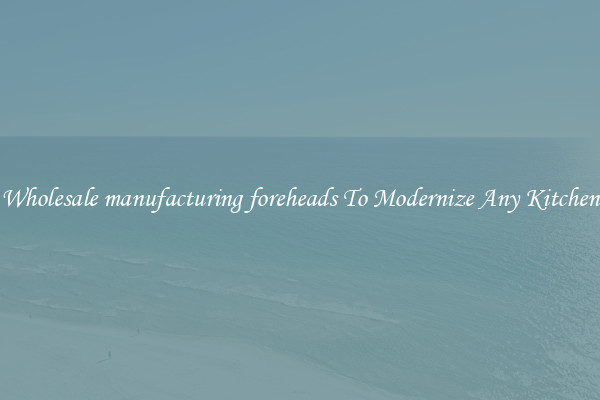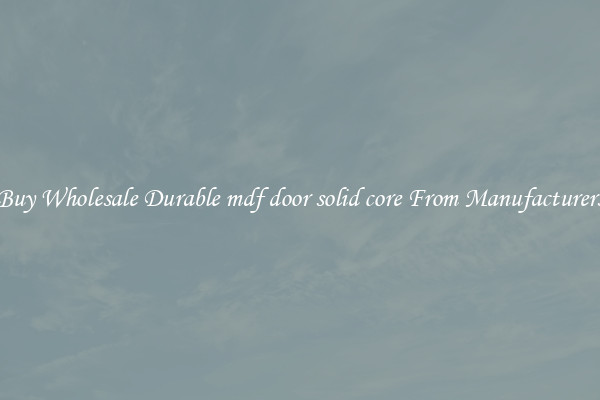Durable And Efficient commercial kitchen project
Durable And Efficient Commercial Kitchen Project

When it comes to commercial kitchens, efficiency and durability are two key factors that every business owner should prioritize. A commercial kitchen is the heart of any food service establishment, and it needs to be designed and equipped with the utmost care to ensure smooth operations and long-term success. In this article, we will discuss the importance of durability and efficiency in a commercial kitchen project and explore some strategies to achieve them.
Firstly, durability in a commercial kitchen is crucial due to the heavy wear and tear that this space experiences on a daily basis. A durable kitchen is one that can withstand the demands of constant use and high heat, while still maintaining its functionality and aesthetics. Investing in high-quality, commercial-grade appliances and equipment is an excellent way to ensure durability. Stainless steel appliances and work surfaces, for example, are not only durable, but they are also resistant to stains, corrosion, and bacteria buildup. Additionally, choosing durable flooring options such as ceramic tiles or vinyl can make a significant difference in reducing maintenance and replacement costs.
Efficiency is another vital aspect of a commercial kitchen project. An efficient kitchen layout and workflow can enhance productivity, reduce operating costs, and contribute to a smooth and seamless operation. One key strategy for achieving efficiency is through proper space planning. By grouping together functions that are frequently used in conjunction with each other, such as the prep area near the cooking station, you can minimize movement and maximize productivity. Incorporating ergonomic design principles can also contribute to efficiency. For instance, placing frequently used items within easy reach and investing in energy-efficient appliances will not only save time but also reduce energy consumption and expenses.
Another crucial factor in achieving efficiency is proper ventilation. A commercial kitchen produces a significant amount of heat, steam, and grease-laden air, which can lead to uncomfortable working conditions and safety concerns. Installing a well-designed ventilation system is essential to remove air pollutants, control temperature, and reduce the risk of fire hazards. Furthermore, an efficient ventilation system can help maintain indoor air quality, which is vital for the health and wellbeing of kitchen staff.
To summarize, durability and efficiency are two key elements that should be considered in any commercial kitchen project. By investing in high-quality, commercial-grade equipment, incorporating ergonomic design principles, and implementing efficient ventilation systems, business owners can create a durable and efficient kitchen that will not only withstand the demands of daily use but also contribute to the overall success of their food service establishment.

View details

View details

View details

View details








